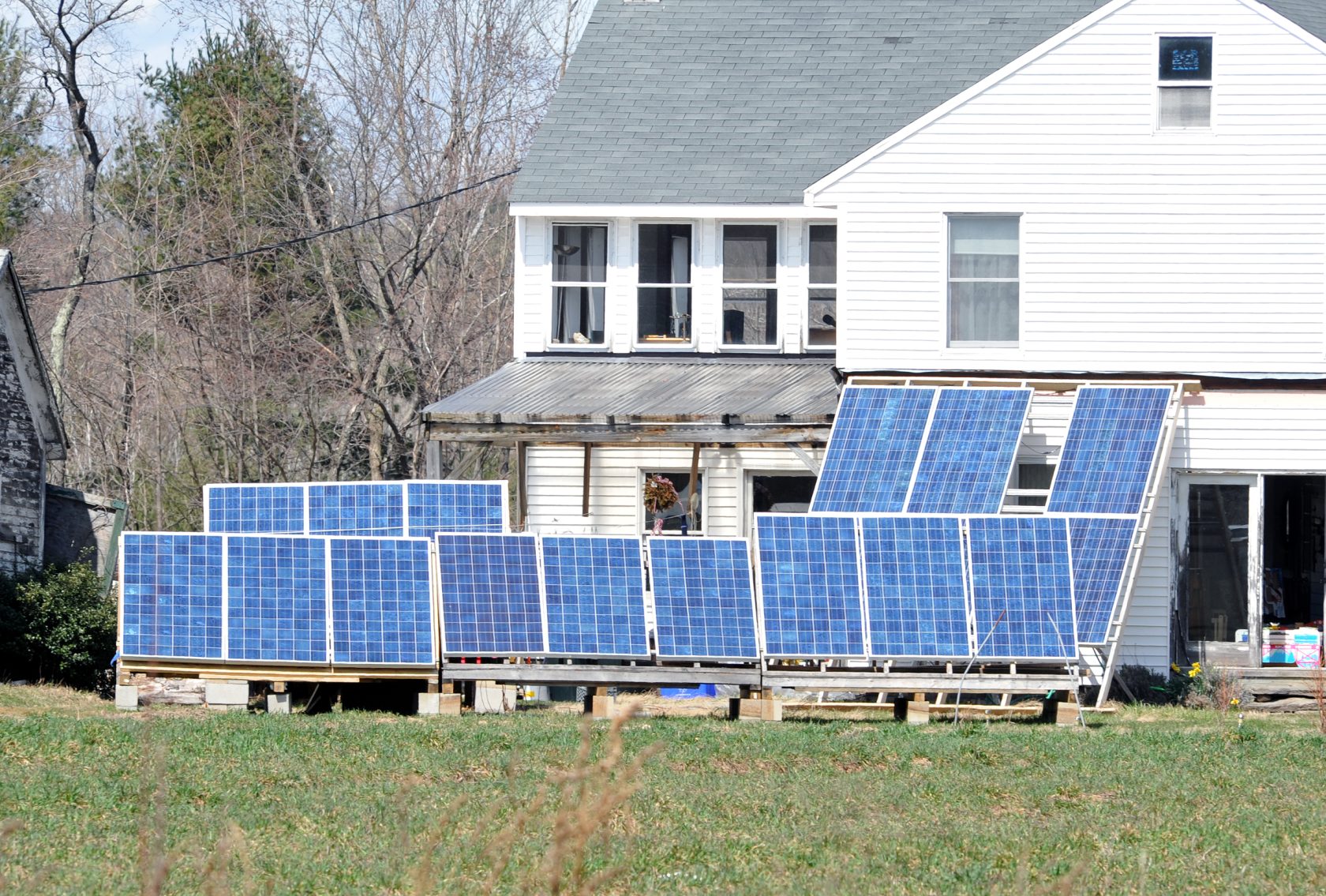BOSTON – The Baker administration Thursday announced the launch of a $30 million residential solar loan program, which will support Massachusetts lenders in providing loans between $3,000 and $60,000 with low, fixed interest rates to homeowners across the state. The increase of direct solar electric ownership provides economic benefit to the Commonwealth, and the Mass Solar Loan program is expected to deliver approximately $100 million in savings for Massachusetts residents that take advantage of the program.
“Massachusetts is a national leader in solar energy, and this program provides another way for residents to access solar energy while diversifying the Commonwealth’s energy portfolio and reducing our overall carbon footprint,” said Governor Charlie Baker.
For residents, Mass Solar Loan widens the range of energy financing available via low interest rate solar loans and by making those loans also accessible to borrowers with lower credit scores or incomes. For local lenders, Mass Solar Loan opens up new lending opportunities. For solar installers, the program provides a long-term financing program for customers. Direct solar ownership of solar electricity keeps more energy dollars in Massachusetts, while keeping energy generation local, and helping to achieve the Commonwealth’s goal of 1,600 megawatts of solar by 2020.
“Helping residents own their own solar generation will expand the Massachusetts solar industry and help local lenders grow their business while moving Massachusetts closer to its statewide energy and environmental goals,” said Secretary of Energy and Environmental Affairs Matthew Beaton.
Mass Solar Loan is a program run in partnership by the Department of Energy Resources (DOER) and the Massachusetts Clean Energy Center (MassCEC). Mass Solar Loan is available for solar installations on single-family homes and residential buildings up to three units with all lenders offering loans between $3,000 and $35,000 and some lenders offering loans up to $60,000. The program provides funding to Massachusetts banks and credit unions to incentivize lenders to make solar lending a part of their portfolios and to make solar loans available to borrowers with lower incomes or credit scores.
To date, Bank Five, First Citizens’ Federal Credit Union, North Brookfield Savings Bank, Shrewsbury Federal Credit Union, UMassFive College Federal Credit Union, and Weymouth Bank offer Mass Solar Loans, with more due to begin participating over the coming weeks.
“Residential solar has been a key component in the Commonwealth’s efforts to meet our ambitious clean energy goals,” said DOER Commissioner Judith Judson. “The Mass Solar Loan program will lower costs and increase the options for Massachusetts residents to benefit from owning solar.”
Statewide there is 985 megawatts of solar capacity, which is enough to power 150,000 homes annually. There are more than 36,000 residential and small-scale solar systems installed in 350 of 351 cities and towns across the Commonwealth. In 2014, Massachusetts was ranked No. 4 in the U.S. for solar megawatts installed. These projects will continue to add to the growth of solar electricity in Massachusetts as residential projects are typically under 10 kilowatts, and will therefore not be affected by net metering caps.
“By making solar more affordable to more people, this program gives new options to residents looking to transition to clean energy, which is a vibrant Massachusetts industry that employs 98,895workers –16,000 in solar jobs alone,” said MassCEC Interim CEO Stephen Pike.
Other efforts introduced by the Baker-Polito Administration to reduce the cost of energy for ratepayers while strengthening the clean energy economy in Massachusetts and meeting greenhouse gas emissions reduction requirements set forth under the Global Warming Solutions Act (GWSA) include the filing of hydropower and solar legislation.
Residents can visit Mass Solar Loan website for a list of participating solar installers and lenders, tips on how to select a solar installer and the steps for participating in the program. Residents may also call 617-712-1121 for more information. Interested lenders or installers may contact MassCEC to participate in the program.
The program is funded by an allocation of Alternative Compliance Payment (ACP) funds. ACP funds are paid by retail electric suppliers if they have insufficient Renewable or Alternative Energy Certificates to meet their compliance obligations under the Renewable and Alternative Portfolio Standard programs.
“The Administration’s efforts to increase solar usage will benefit homeowners and the environment,” said Paul Gentile, President of the Cooperative Credit Union Association. “Credit unions are committed to helping fund these loans so more homeowners can benefit from the initiative.”
“The Mass Solar Loan program is a win for Massachusetts homeowners and lenders,” said Dan Forte, President and CEO of the Massachusetts Bankers Association. “Loans made by our member banks through the program will help homeowners increase their efficiency and reduce their energy bills. We’re pleased to partner with Governor Baker on this important initiative.”


